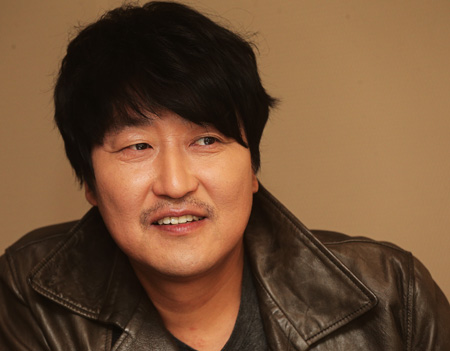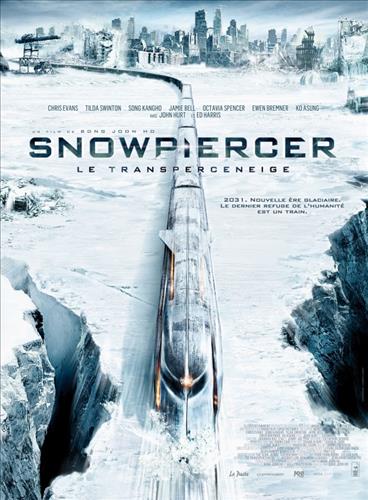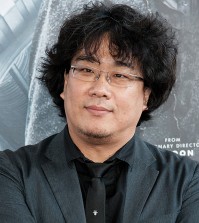- California Assembly OKs highest minimum wage in nation
- S. Korea unveils first graphic cigarette warnings
- US joins with South Korea, Japan in bid to deter North Korea
- LPGA golfer Chun In-gee finally back in action
- S. Korea won’t be top seed in final World Cup qualification round
- US men’s soccer misses 2nd straight Olympics
- US back on track in qualifying with 4-0 win over Guatemala
- High-intensity workout injuries spawn cottage industry
- CDC expands range of Zika mosquitoes into parts of Northeast
- Who knew? ‘The Walking Dead’ is helping families connect
The actor of his generation
How Song Kang-ho ruled Korean cinema in 2013

Song Kang-ho’s three movies in 2013 (Snowpiercer, The Face Reader, The Attorney) have combined to sell more than 20 million tickets. (Korea Times)
By Chung Hyun-chae
Song Kang-ho could be described as the ultimate late bloomer. His reputation until the mid-1990s was that of a passionate but limited theater actor who was frequently excluded for big roles because no director in Daehangno wanted his Hamlet to speak with a funky, Gyeongsang Province accent.
Song’s future in film, however, proved to be dramatically brighter. The 46-year-old’s filmography almost overlaps with the list of the definitive works in Korean cinema in the past 20 years both in art-house fare and mass-market hits.
Reading the impressive resume that includes “Green Fish’’ (1997), “Sympathy for Mr. Vengeance’’ (2002), “The Host’’ (2006), “Secret Sunshine’’ (2007) and “Thirst’’ (2009), one may wonder how Song managed not to be involved in Park Chan-wook’s 2003 masterpiece, ”Oldboy.’’
While Song’s status as the country’s most influential cinematic talent has been safe, he went on and made 2013 his most commercially-successful year anyway.
He appeared in Bong Joon-ho’s American debut, “Snowpiercer,’’ and “The Face Reader,’’ a thriller based on Joseon Kingdom (1392-1910) Korea, two of the biggest hits in a year when Korean theaters set an all-time audience record of 200 million plus.
Song is finishing the year just as strong. His third movie, “The Attorney,’’ inspired by late President Roh Moo-hyun during his lawyer days, has garnered more than 3.4 million moviegoers after it was released on Dec. 18.
Song’s three films this year have already sold a combined 20 million tickets. More than 80 million moviegoers have watched Song’s movies since he broke through with Green Fish.
Critics say the secret to Song’s success is simple: his acting is very, very good.
“He has a realistic, understated delivery that is very powerful and convincing,’’ said Jeon Pyeung-kuk, film critic and Kyonggi University professor.
“He just disappears into his role. He can be a detective, an anonymous middle-class father, a face reader and lawyer. He is not your traditional, good-looking movie star, but he is what you really call an actor. His talent is prolonging his success because great directors such as Bong, Park and Kim Ji-woon are always eager to work with him.’’
Bae Kook-nam, another critic, agreed that Song’s versatility as an actor is impressive.
“He is memorable in roles that seem unassuming at once. There is not a better actor who can dramatize the average, lower-class Korean male,’’ he said, referring to Song’s performance in the 2007 film, “The Show Must Go On,’’ which actually happens to be one of the actor’s few box office flops.















